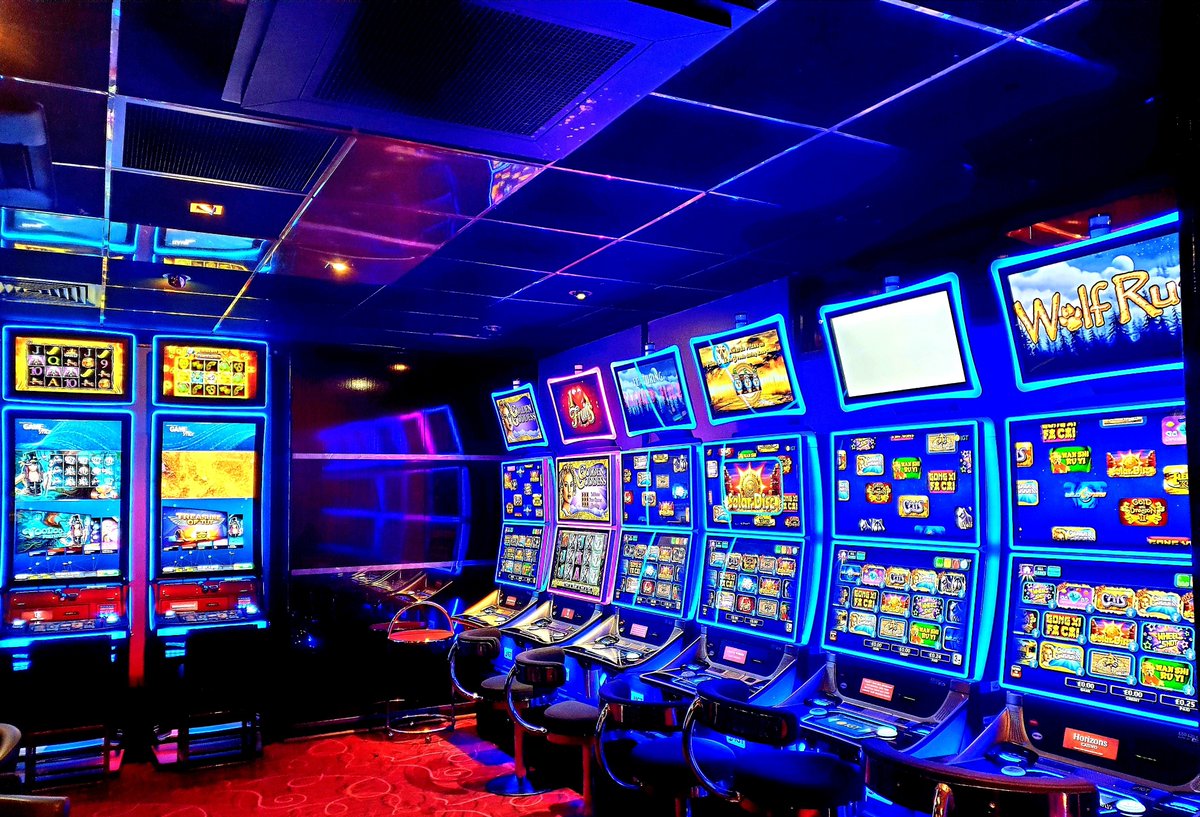
When we think of gambling games, the first pictures that often come to mind are those of rotating wheel devices, card chips clattering on felt surfaces, and dice flying across a gaming area. While numerous consider these activities as simple hobbies fueled by luck, a deeper exploration reveals a captivating blend of tactics, expertise, and community engagement that elevates them well beyond basic luck. Regardless of whether you are a experienced player or a curious newcomer, understanding the subtleties of these games can greatly enhance your enjoyment and understanding.
Gambling games have evolved over centuries, with various cultures contributing to their diverse histories and variations. From the intricate strategies of 21 to the deception tactics in poker, players engage in a contest of wits as much as a gamble on numbers. This exciting interplay between chance and expertise creates a exciting atmosphere that draws countless people to casinos worldwide. As we explore the realm of card games, we will reveal the strategies that can shift the odds in your advantage and the social aspects that make these activities a favored choice for leisure and interaction.
The Strategy of Table Games
Casino gaming often involve a blend of ability and chance, making them fascinating for participants who like a test. Every game has their own set of rules and tactics that can influence the outcome. For instance, in titles like blackjack, participants are required to use tactics like card counting and grasping the probabilities to make informed decisions. MM88 This expertise can significantly improve their winning potential, differentiating experienced participants from beginners who may rely solely on luck.
In contrast, games such as roulette may seem to be purely based on chance, but strategic thinking can also play into play. Participants can select between different wagering strategies, such as the Martingale system, where they increase the wagers after losses. This method can establish a more controlled way to the game. Grasping the odds of specific wagers can also assist players make better decisions on the table, demonstrating that even in games of chance, tactics can enhance the enjoyment.
Furthermore, poker stands out as a title that heavily focuses on tactics. Unlike most casino titles, poker combines skill, mental acuity, and chance. Players must not only concentrate on the hands they are given but also consider their rivals’ actions and betting patterns. Mastering principles like table position, pot odds, and interpreting bluffing is crucial for winning. This depth of strategy in poker often leads to a more engaging encounter for participants, as the decisions and skills greatly affect the game’s results.
Understanding Probability and Ratios
In the realm of casino matches, likelihood and ratios play a crucial role in determining a player’s possible outcomes. Every activity has its own collection of rules that dictate how the probability of winning or failing is measured. For example, in matches like blackjack, players have a chance to modify their ratios through planning, whereas in matches like roulette, the outcomes are purely dictated by luck. MM88 Understanding how these probabilities are calculated can greatly impact how a player approaches the game.
Odds are typically expressed in two formats: ratio and decimal. Fractional odds indicate the ratio of the sum gained to the amount staked, whereas numeric ratios show the total payout for a successful bet, which includes the initial bet. For example, if a match has odds of 5 to 1, this implies that for every one unit bet, a gambler could gain five dollars if successful. Learning how to interpret these ratios allows gamblers to evaluate their potential earnings and make more informed decisions during gameplay.
Players should also be aware of the casino advantage, which is the casino’s built-in advantage over the players. Each match has a different house edge, and grasping this concept is essential for managing one’s hopes and budget. Activities with a lower house edge, such as blackjack and chemin de fer, typically offer superior odds for players compared to activities like slots and keno. By recognizing the connection between probability, odds, and the house edge, players can improve their gaming engagement and strategize more effectively.
The Aspect of Table Gaming
Casino games at casinos are often seen as a hub of social interaction, bringing participants together in a shared experience that goes far past the mere act of gambling. The atmosphere at a poker table can be electric, with gamblers engaging not only with the game itself but also with one another. Joy, excitement, and, sometimes, friendly banter create connections that enhance the overall experience of the gaming experience. This communal aspect can turn a solitary endeavor into a dynamic social event, making table games particularly appealing.
One of the intriguing elements of gaming at tables is the way it cultivates friendship among participants. Whether it’s collaborating to beat the dealer at a craps table or sharing stories between hands in a poker game, the environment encourages interaction. Players often share tips or strategies, creating a sense of community that boosts the fun. This social dynamic can make new gamblers feel included and less daunted by the competitive nature of gaming. As the game progresses, friendships may form, leading to a sense of connection that keeps players returning to the table.
Moreover, the social aspect of gaming at tables extends outside just the players. Casino staff play a crucial role in encouraging interaction and maintaining the flow of the game. Their ability to engage players with friendly conversation and their expertise in managing the table can create an inviting atmosphere. This relationship between participants and dealers adds another layer of enjoyment, where players feel connected not only to each other but also to the staff. Such interactions are often what make the experience unforgettable, as participants leave with stories to tell and connections made, reinforcing the notion that table games are truly about something greater than luck.